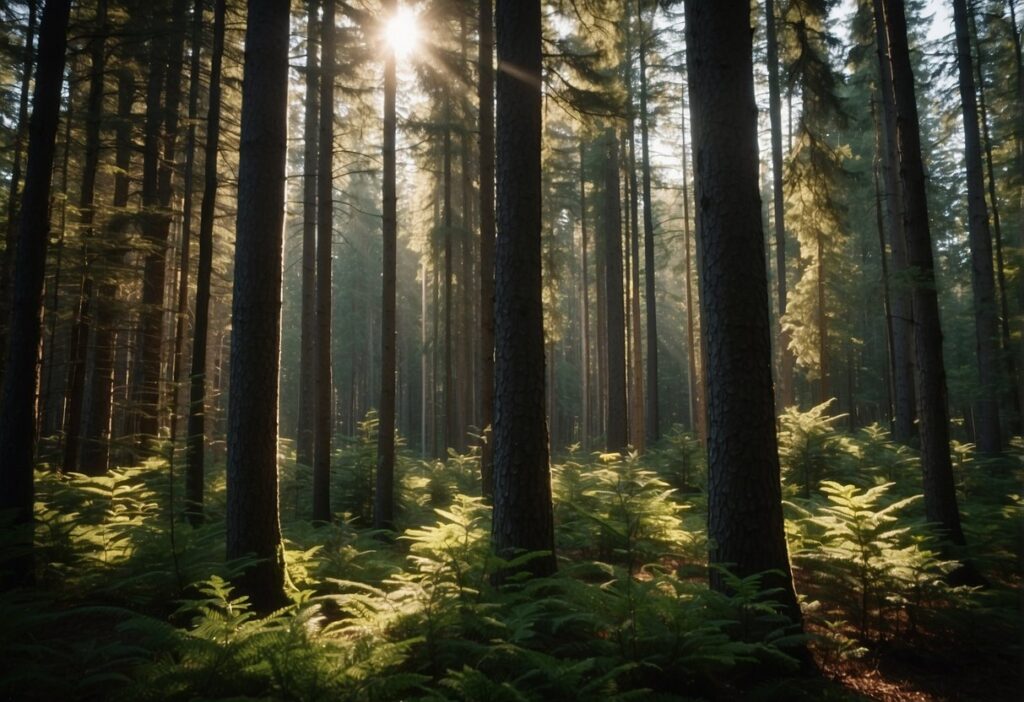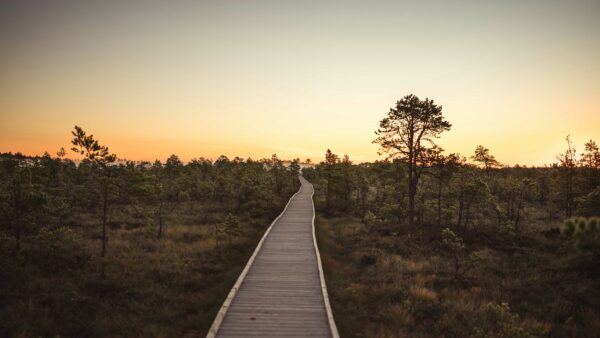Introduction: Why Estonia?
Estonia, often dubbed the “forest capital” of Europe, boasts a landscape where forests cover more than half of the country. This makes it an attractive destination for nature lovers and investors alike who are drawn to the serene beauty and biodiversity of Estonian woods. Metsa ost in Estonia not only offers a unique opportunity to own a piece of this lush, green treasure but also presents a sustainable investment in timber and a chance to contribute to ecological conservation.
1. Understanding the Market
The forest real estate market in Estonia is active and accessible. It benefits from a stable economy and a straightforward legal framework that encourages foreign investment. Most forest lands in Estonia are privately owned, and the market is relatively fluid, with a variety of properties available, ranging from small woodlots to vast tracts of timberland.
2. Reasons to Invest
Investing in forest land in Estonia can serve multiple purposes:
- Timber Production: With its abundant and well-managed forest resources, Estonia is a significant player in the European timber market. Investing in forest land here can yield profitable returns on timber, especially with species like Scots Pine and Birch.
- Environmental Conservation: Purchasing forest land contributes to the preservation of natural habitats and biodiversity. Many investors feel a sense of responsibility towards protecting these green spaces for future generations.
- Recreational Use: Owning a forest can provide personal or commercial recreational opportunities, from hiking and camping to eco-tourism ventures.
3. Legal Considerations

Before diving into a forest land purchase in Estonia, it’s crucial to be aware of the legal landscape:
- Ownership Rights: Foreign nationals are permitted to own forest land in Estonia without major restrictions. However, large-scale investments might require additional scrutiny or approval from local authorities.
- Environmental Regulations: Estonia has stringent environmental laws to ensure sustainable forest management. Owners must adhere to these regulations, which might include maintaining biodiversity, limiting deforestation, and following specific harvesting cycles.
4. The Buying Process
Buying forest in Estonia follows a straightforward process:
- Research: Start with identifying your investment goals and budget. Online platforms, real estate agents specializing in rural properties, and public registries are good sources for available listings.
- Site Visits: Conduct thorough site visits to assess the forest’s health, accessibility, and any potential legal or environmental issues.
- Legal Due Diligence: Engage a local lawyer who specializes in real estate to help navigate the legal proceedings, verify ownership documents, and ensure compliance with environmental laws.
- Transaction: Once due diligence is completed, the purchase can be finalized through a notary, and the transaction is registered with the Estonian Land Board.
5. Long-Term Management
Owning a forest is a long-term commitment that requires active management:
- Sustainable Practices: Implementing sustainable forest management practices is crucial for maintaining the health of the forest and ensuring it remains a profitable and ecological asset.
- Professional Help: Consider hiring a forest management company to handle everything from planting and harvesting to protection against pests and diseases.
Conclusion
Buying forest in Estonia offers more than just a piece of land; it’s an investment in a sustainable future and a chance to enjoy and preserve the natural beauty of one of Europe’s greenest countries. With proper guidance from Metsaost24, due diligence, and a passion for nature, you can embark on a fulfilling journey as a forest owner in this enchanting Baltic state. Whether you’re looking to profit from timber sales or simply retreat into nature, Estonia’s forests provide ample opportunities for both seasoned investors and budding environmentalists.



